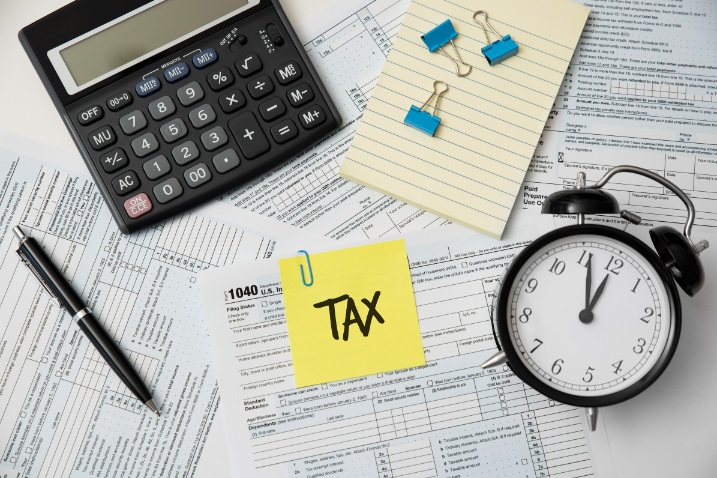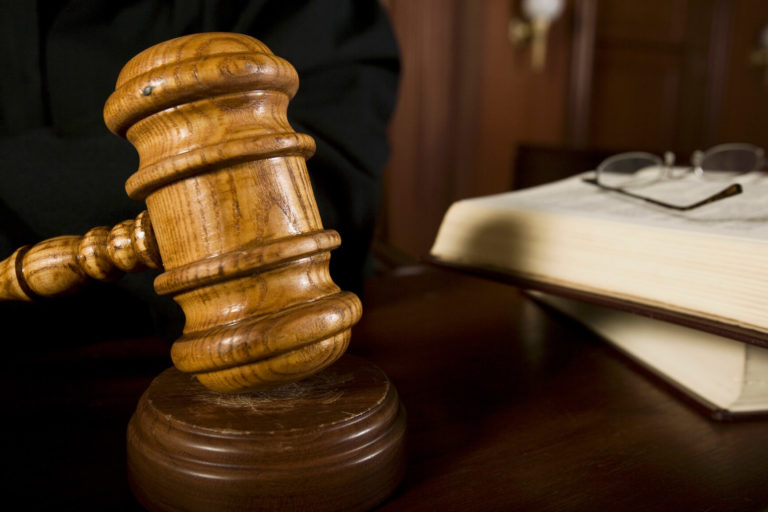Is Bankruptcy for Tax Debt the Right Choice?

Sometimes, life hands us a load too heavy to carry alone, which becomes increasingly heavy when the IRS takes tax debt to collections. There’s no denying the daunting nature of this predicament, but there are ways through it. One such way is filing for bankruptcy. While bankruptcy for tax debt is not a decision to take lightly and certainly not without consequences, it may be the best option to lessen your debt. Let’s explore some variables to mull over when considering filing bankruptcy due to tax debt:
Understand Your Type of Tax Debt
It’s important to understand that the court does not discharge all tax debts during bankruptcy proceedings. Factors including the type of tax owed, the timing of the tax assessment, and the individual’s filing status have crucial roles in discharge eligibility. Income tax, if it meets specific criteria, is most likely to be discharged. However, payroll taxes or penalties incurred due to fraud or tax evasion fall into the non-dischargeable category.
Assess Your Overall Financial Situation
When deciding whether or not to file for bankruptcy due to tax debt, it’s essential to evaluate your overall financial situation beyond the tax debt. For example, determine whether you can repay the tax debt within a reasonable period. If income falls short of covering both living expenses and tax obligations, bankruptcy may alleviate this financial strain. Further, think about additional burdening debts beyond tax obligations. Are there any practical means to manage or repay them? If not, bankruptcy is a feasible plan.
Consider Your Financial Future
Although the future remains unseen, contemplating it is imperative. For example, are you due to get a raise soon? If your income will increase significantly shortly, it might be best to set up a payment plan with the IRS rather than file for bankruptcy. It’s also crucial to weigh the long-term financial repercussions of bankruptcy as a tax debt resolution strategy. Choosing bankruptcy to deal with tax debt will negatively affect your credit score and economic standing, potentially impeding access to loans, mortgages, or lines of credit for years to come.
Seek Professional Bankruptcy Guidance
Ultimately, deciding whether or not to file for bankruptcy due to tax debt can be challenging. It’s crucial to carefully weigh various factors by considering the potential benefits against the long-term consequences. Further, seeking guidance from qualified professionals, such as the Bankruptcy Law Offices of Ronald I. Chorches, is highly recommended. We can provide invaluable insight into filing for bankruptcy and explore alternative avenues for resolving tax debt to help you decide. Contact us today to schedule your complimentary consultation at one of our conveniently located bankruptcy offices near you in Connecticut.

